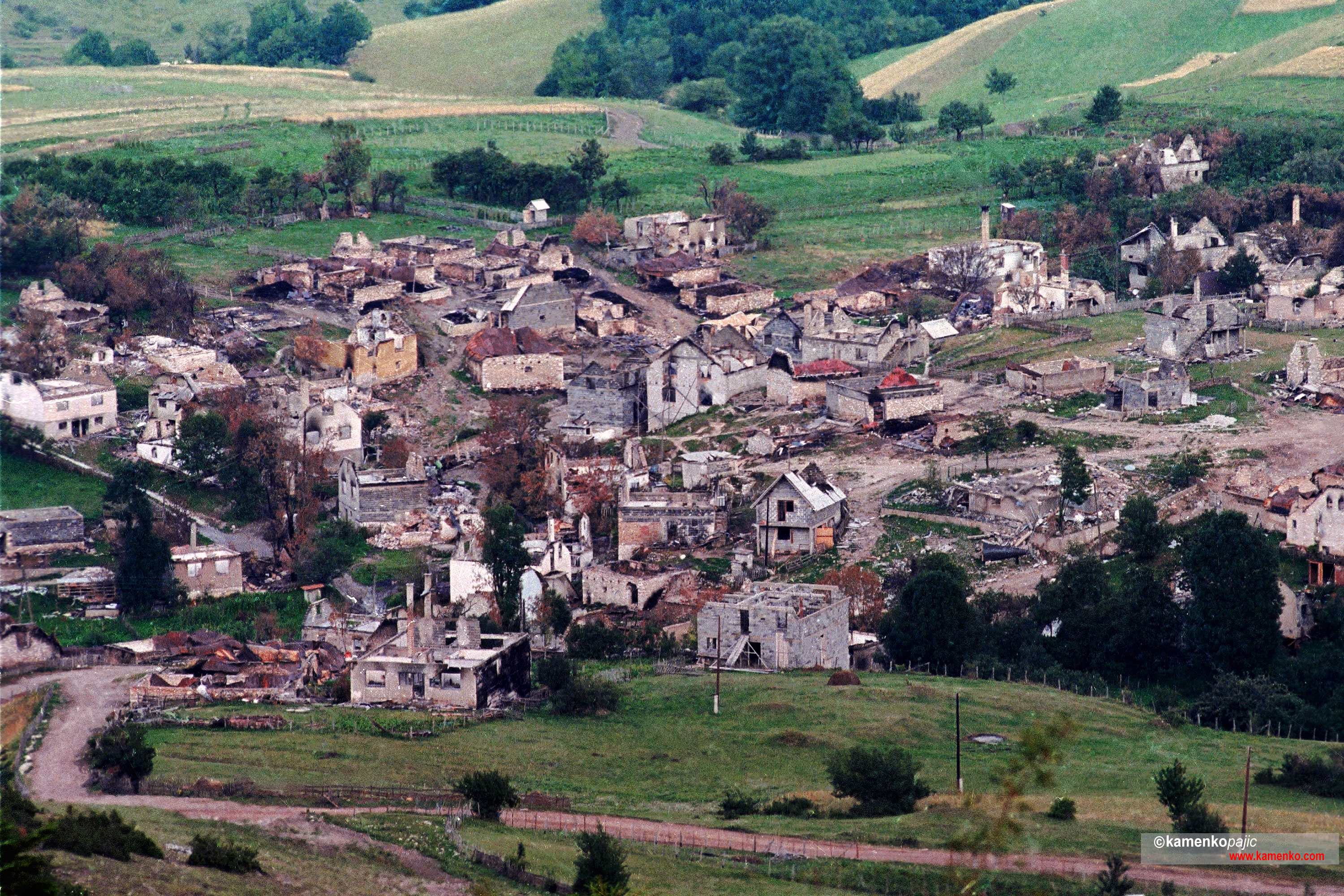The course offers a theoretically informed account of the challenges faced by post authoritarian and totalitarian transition countries in the era of globalisation, and examines them empirically in reference to the Balkans (Serbia, Kosovo, Bosnia-Herzegovina, Macedonia, Croatia), South Caucasus (Georgia, Armenia and Azerbaijan), Iraq and Libya and Afghanistan. These case studies were chosen because they have a legacy of authoritarian and totalitarian regimes and have experienced specific difficulties in an attempt to transition to democracy, market economy and integrate into a multilateral system. The course starts with an introduction to theories of globalisation and the reasons why the legacy of totalitarianism is different from the legacy of authoritarian rule, and why and how these legacies imped a development of democratic states and societies together with causes for conflict on the ground. The course proceeds by examining a range of aspects of a post-conflict transition, from the perspective of: civil society, global diasporas and fundamentalist networks, informal economy (including the overview of illegal economic networks and organised crime), transitional justice and external state-building. The course concludes by examining the European Union state-building policies in relation to critical approaches to post-conflict reconstruction that review latest scholarly approaches to post-conflict transformation of states and societies. Two methodological principles underpin this course: 1) the course challenges the state-centric hegemony in the study and teaching of conflict, and instead focuses on the question how wider transnational context, factors and dynamics shape post-conflict transition; and 2) the course provides an alternative to top-down, i.e. formal and institutional study of study of conflict and post-conflict reconstruction, and instead provides a bottom-up perspective that includes the examination of civil societies (both liberal and liberal) and well as informal actors and institutions.

EU4A2 - Globalisation, Conflict and Post-Conflict Reconstruction
The course offers a theoretically informed account of the challenges faced by post authoritarian and totalitarian transition countries in the era of globalisation, and examines them empirically in ...